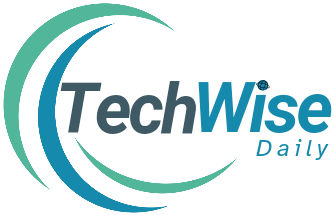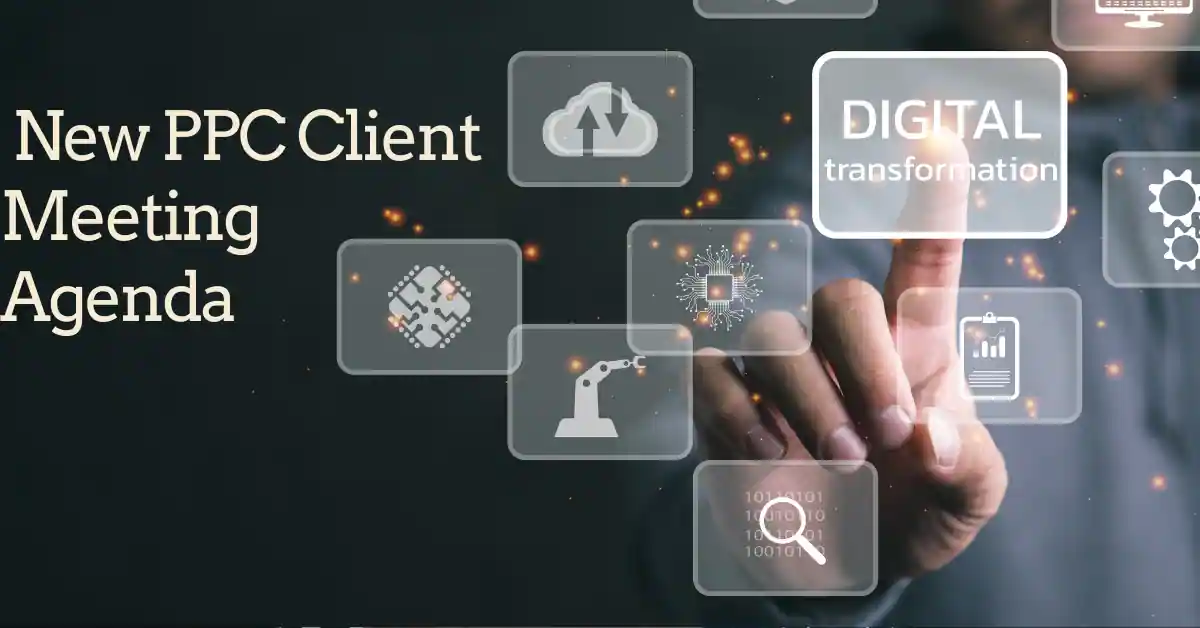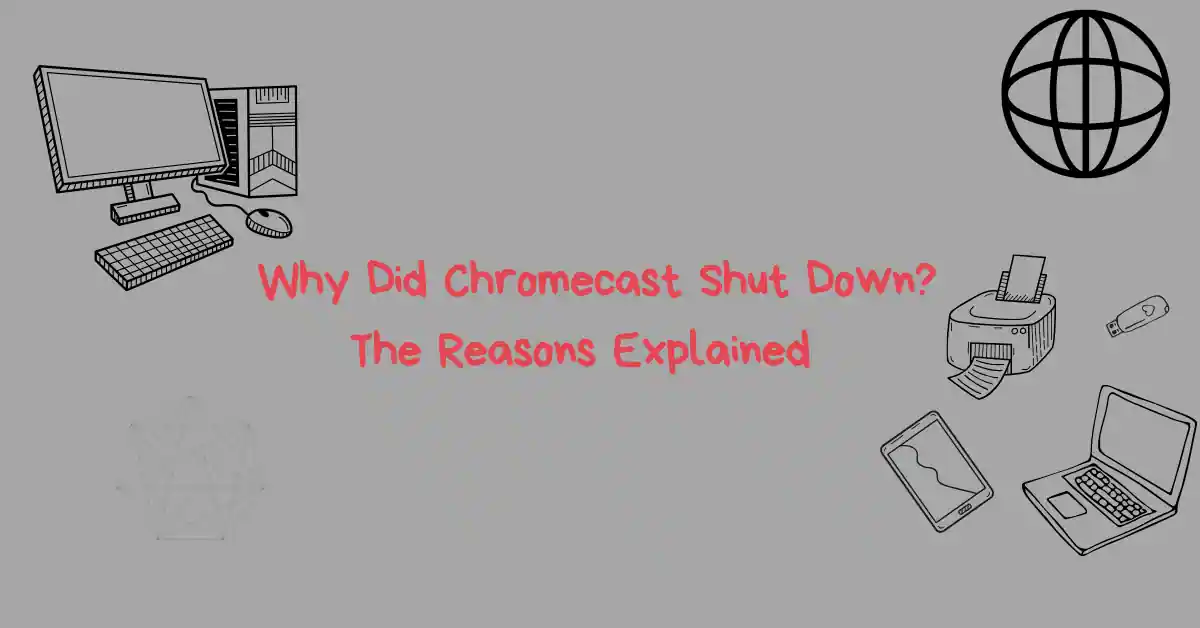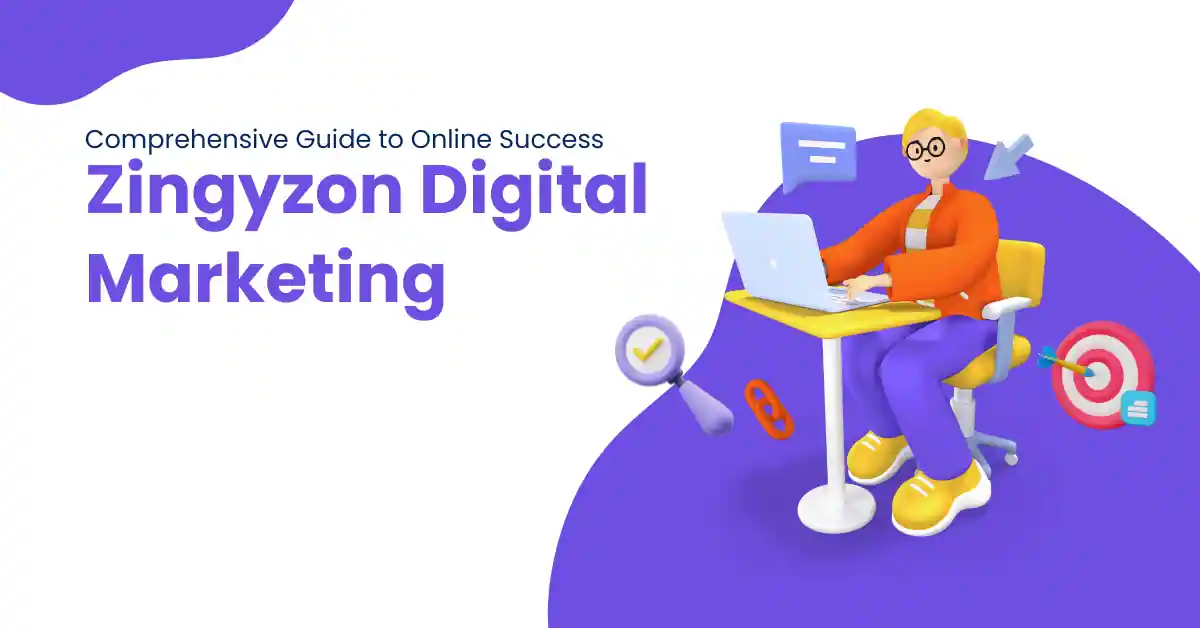The new PPC client meeting agenda is a critical first step in building a successful partnership between a digital marketing agency and a new client. A well-crafted PPC client meeting agenda sets the tone for the entire relationship by ensuring clear communication, aligning expectations, and defining goals. This initial meeting is your chance to lay the foundation for a fruitful PPC campaign and establish a roadmap that will drive results. By following a structured new PPC client meeting agenda, you can effectively gather important details, set clear goals, and begin building a strategy tailored to the client’s business needs. In this article, we’ll guide you through creating a new PPC client meeting agenda that ensures success from the start.
Table of Contents
ToggleSetting the Foundation with Your New PPC Client
Starting strong with a new PPC client means establishing mutual understanding and setting the right expectations. This meeting isn’t just about impressing the client but about laying a foundation for a productive, transparent, and long-term relationship.
Pre-Meeting Preparation
Research Client Industry and Competitors
Before the meeting, do your homework. Understanding the client’s industry, target market, and major competitors will allow you to make insightful suggestions and demonstrate expertise.
Review Client’s Existing PPC Performance
If the client has run PPC campaigns previously, review the historical data. Familiarize yourself with their performance metrics, ad spend, and previous campaign strategies to build on what’s worked and identify areas for improvement.
Structure of a Productive PPC Client Meeting
Begin with Introductions and Team Roles
Kick off the meeting by introducing yourself and any team members who will be involved. Outline everyone’s roles to clarify who will handle different aspects of the PPC campaigns.
Establish Communication Preferences
Clients appreciate knowing how and when they’ll receive updates. Discuss their preferred communication methods and establish a tentative schedule for check-ins and updates.
Identifying Client Goals and Objectives
Discuss Short-Term vs. Long-Term Goals
Ask your client about their primary objectives. Are they looking for quick leads, brand awareness, or long-term customer acquisition? Understanding these goals helps in setting up campaigns that align with their needs.
Understanding Success Metrics (KPIs)
Each client has a unique view of success. Discuss key performance indicators (KPIs) like cost per acquisition (CPA), return on ad spend (ROAS), and click-through rate (CTR) to ensure everyone agrees on how success will be measured.
Analyzing Target Audience and Buyer Persona
Defining Ideal Customer Profile
Understanding the client’s target audience is essential for crafting relevant ads. Discuss demographic details like age, gender, income level, and interests to develop a clear buyer persona.
Exploring Demographics and Psychographics
Dive deeper into the psychographic aspects, such as behaviors, buying motivations, and pain points. This knowledge helps in crafting more personalized and effective PPC ads.
Competitor Analysis and Industry Insights
Industry Trends and Competitive Positioning
Discuss relevant industry trends and how competitors are positioning themselves. This insight can inspire strategies and help the client see the bigger picture.
Learning from Competitor PPC Strategies
Analyze competitors’ PPC approaches. Are they focusing on certain keywords, ad formats, or messaging styles? This can offer valuable guidance for crafting a unique strategy for the client.
Review of Current PPC Strategies (if applicable)
Evaluating Past Campaigns
If applicable, review the performance of any past PPC campaigns. Identify strengths and weaknesses in previous strategies to determine what should be repeated or avoided.
Reviewing Budget Allocation
Budget discussions can get tricky, but it’s crucial to understand the client’s spending power early on. Review past budget allocations and determine if adjustments are necessary for better results.
Discussing PPC Campaign Types and Strategies
Overview of Available PPC Campaigns (Search, Display, Shopping, etc.)
Educate your client on the different types of PPC campaigns available, such as Search, Display, Shopping, and Video. Explain which types align with their business goals and target audience.
Choosing the Right Strategy for the Client
Based on the client’s objectives and budget, suggest the most suitable PPC strategies. This is your chance to highlight the benefits of specific campaigns tailored to their needs.
Budget Discussion and Allocation
Setting Expectations Around Ad Spend
Discuss budget expectations early to avoid misunderstandings. Explain that ad spend will directly impact visibility and results, so it’s crucial to align on a realistic budget.
Managing Budget Across Campaigns
Budget allocation across different campaigns should align with the client’s goals. Make sure they understand how you’ll manage their budget for maximum ROI.
Timeline for Results and Reporting Frequency
Establishing Realistic Expectations for Results
Help clients understand that PPC results don’t appear overnight. Explain the timeline for setting up, optimizing, and seeing meaningful results from their campaigns.
Determining Reporting Schedule
Agree on how often you’ll provide reports. A monthly or bi-weekly report is usually suitable, but adjust this based on the client’s preferences and campaign needs.
Setting Up Project Management and Workflow
Agreeing on Tools and Collaboration Methods
Discuss project management tools like Asana, Trello, or email for smooth collaboration. This ensures both teams stay organized and accountable for tasks and updates.
Timeline for First Deliverables
Provide an outline of when the client can expect the first milestones, like keyword research or ad drafts, so they feel confident about the timeline.
Addressing Client Questions and Concerns
Answering Common PPC Questions
Be prepared for common questions around budget, ad effectiveness, and timelines. Answer confidently and be transparent to build trust.
Handling Client Concerns Effectively
If the client has concerns about risk, costs, or PPC’s suitability, address these issues directly. Alleviate fears by explaining the strategic approach and expected results.
Next Steps and Action Plan
Summary of Agreed Points
Summarize all key takeaways from the meeting, ensuring everyone is on the same page with goals, timelines, and expectations.
Scheduling Follow-Up Meetings
Arrange a follow-up meeting to go over initial performance and adjustments. Keeping the client in the loop demonstrates commitment to achieving their goals.
Conclusion
A well-organized PPC client meeting is the first step to a successful campaign. By covering all critical topics, setting clear expectations, and addressing questions, you’re setting up both your team and the client for a productive, rewarding partnership.
FAQs
1. What’s the best way to prepare for a PPC client meeting?
Research the client’s industry, competitors, and any previous PPC efforts to provide informed insights.
2. How often should I communicate with my PPC client?
Regular updates, usually bi-weekly or monthly, keep clients informed and engaged.
3. What KPIs should we focus on for PPC success?
Important KPIs include CPA, ROAS, CTR, and conversion rates, but these can vary based on client goals.
4. How soon can we expect results from a PPC campaign?
PPC results can start within weeks, but optimal performance and meaningful data usually take a few months.
5. What’s the most effective PPC strategy for a limited budget?
Prioritize high-intent keywords and targeted audiences, and consider Search ads for a cost-effective approach.





